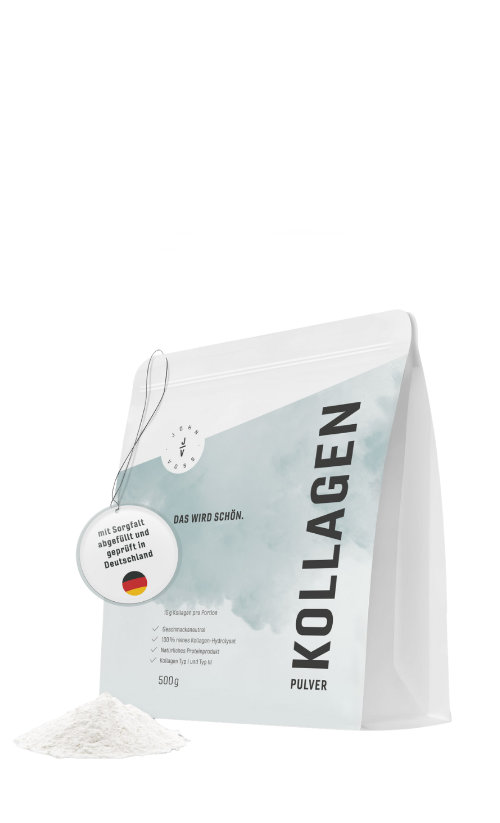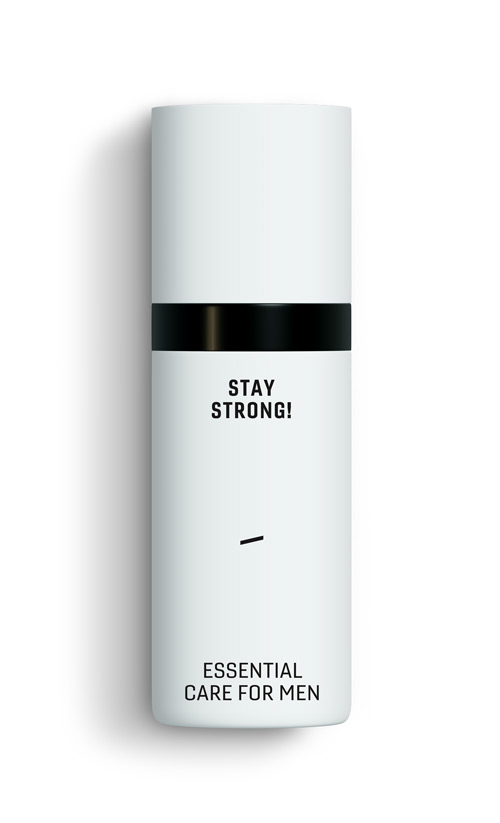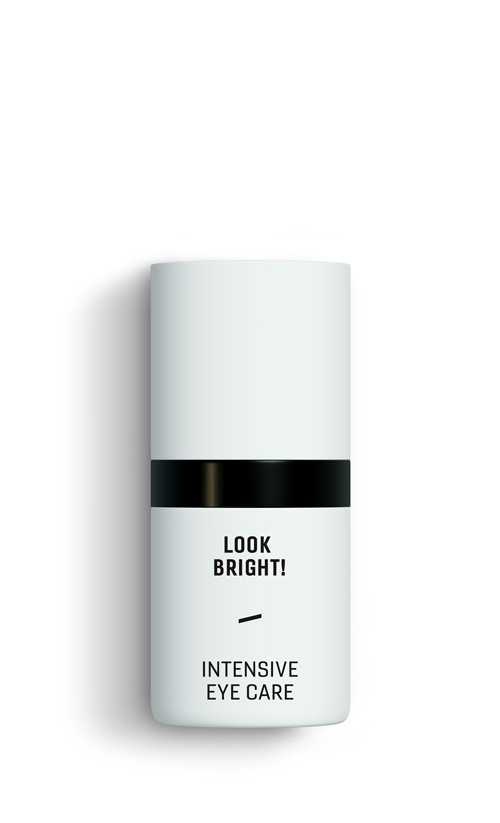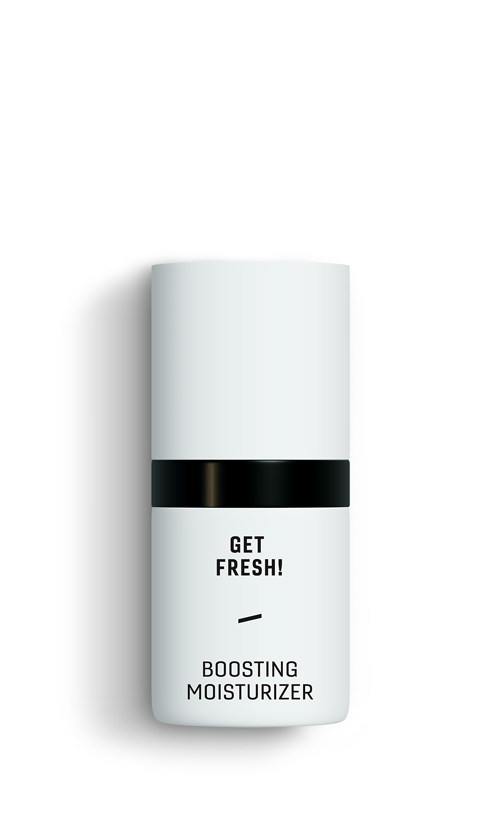Zinc is an important and versatile trace element.
- Zinc is involved in a large number of metabolic processes
- Zinc must be taken in with food
Most are familiar with zinc from dietary supplements for immune support. This is indeed an important task of zinc in our metabolism, among other things, zinc has an antiviral effect and can thus support the body during virus attacks such as colds.
But zinc can do much more, it
- is important for skin, hair and nails
- plays a role in normal immune defenses
- serves to protect cells from oxidative stress
- is needed by the body for fatty acid, carbohydrate and protein metabolism
- supports normal DNA synthesis
- contributes to normal fertility
- contributes to the maintenance of normal testosterone levels
What foods contain zinc?
- Zinc is mainly found in animal foods
- Natural sources of zinc are animal foods such as meat (e.g. beef, pork, poultry, but also fish and crustaceans), milk, eggs, dairy products such as cheese.
- But also plant foods contain zinc: cereals, legumes, nuts, pumpkin seeds
How much zinc does the body need per day?
The so-called reference amount, which describes the amount of zinc that a person should take in daily through food, is 10mg for an average adult.
Special life circumstances, such as breastfeeding or a high
consumption of whole grain products, legumes and primarily vegetable proteins, increase the zinc requirement.
One tablet of our Beauty Supplement SHINE ON! already contains 4mg of zinc; that is 40% of the recommended daily dose.









